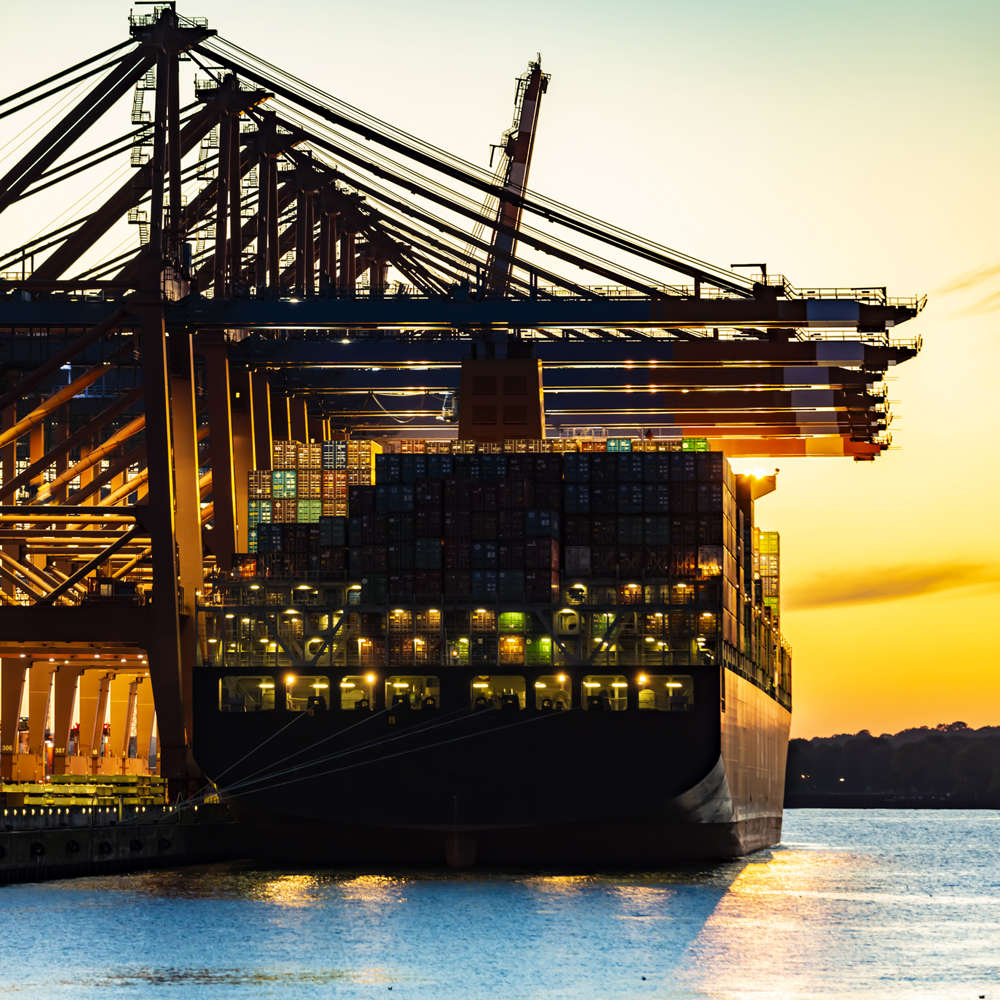Lloyd’s Register (LR), in collaboration with SDC Ship Design and Consult, has developed a new concept for the use of ballast water tanks in place of cofferdams around methanol tanks, allowing ship operators more space for methanol fuel technology.
For retrofits of methanol technology on existing ships, the development is expected to enable shipowners to convert their vessels without a loss of valuable space, by removing the requirement for cofferdams around fuel tanks as required by MSC.1/Circ.1621.
Cofferdams are large spaces used to prevent contents from adjacent tanks leaking directly to other areas. The need for this space either increases the size of a vessel or takes space that could be better utilised, and correspondingly increases a ship’s fuel consumption.
The innovation is expected to greatly reduce the likelihood of cross contamination by enhancing tank boundaries with thorough welding processes, increased quality controls and additional safety measures.
The concept is expected to allow for an efficient vessel design for a wide range of ship types and will see LR generally accept the use of ballast water tanks in place of cofferdams, as required by IMO interim guidelines for the safety of ships using methyl/ethyl alcohol as fuel.
The innovation is relevant for both new constructions and conversions, with defined design requirements set under a project specific design and arrangement process. The collaboration followed a retrofit project with SDC Ship Design in which LR and SDC jointly developed the concept.
Colin Rawlins, Strategic Business Partner and Senior Representative for Germany, Lloyd’s Register, said: “LR is pleased to unveil its innovative concept for the installation of methanol fuel tanks without the requirement for cofferdams. This development will allow both new construction projects and conversions to utilise space otherwise taken up by cofferdams to install methanol as fuel technology, thereby helping to accelerate the maritime energy transition with easier adoption of alternative fuels such as methanol.”
Michael Waechter, SDC Managing Director, said: “It must be in everyone’s interest to find simple and therefore efficient solutions for the implementation of alternative fuels in order to speed up the transition to net-zero shipping. These solutions must not compromise safety in any way and should be based on the respective physical/chemical properties of the fuels. The developed solution helps us to accommodate more methanol capacity in less space and thus increases the efficiency of the ship. However, further efforts are needed at all levels to make alternative fuels more commercially attractive.”
Manuel Ortuño, Global Manager Ship Structures Specialised Ships, Lloyd’s Register, said: “LR and SDC have developed this concept to help overcome the difficulties the industry faces with the application of the IMO Interim Guidelines. This innovation will provide an equivalent level of safety without the need for cofferdams, thereby allowing for efficient ship design and conversion opportunities.”
Methanol has a huge potential to reduce greenhouse gas emissions and facilitate net zero shipping for a wide range of maritime applications, from small to large vessels and for both new buildings and conversions. It is bio-degradable and fully miscible with water, and importantly, is of low toxicity to aquatic organisms.
Lloyd’s Register recently published a report on Engine Retrofits that evaluated the state of technology, integration and compliance, alongside the business case for retrofitting vessels. One of the key challenges with retrofits identified by the study is system integration, with significant issues such as accommodation for larger fuel tanks, space for fuel preparation equipment and ensuring safety measures are in place, to rapidly retrofit the existing fossil fuel fleet.






